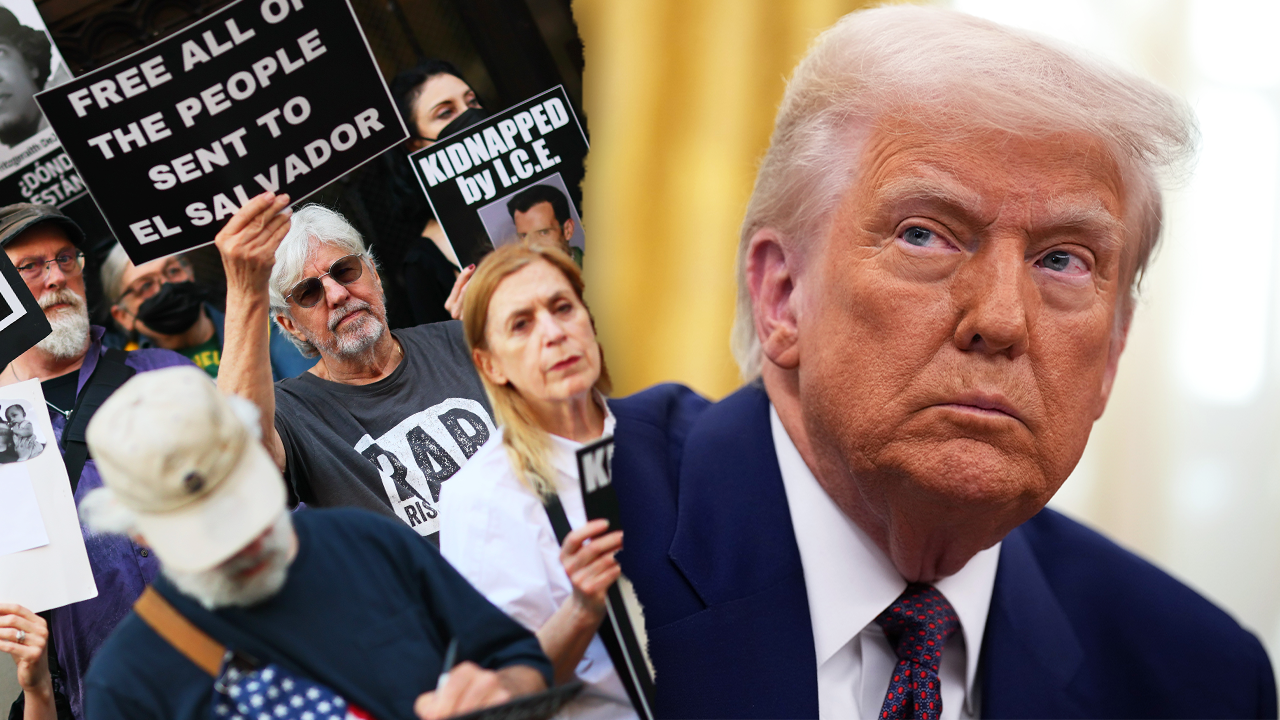Heritage Foundation: Noncitizens have limited due process in deportations

The Heritage Foundation has raised concerns about the judicial branch potentially overstepping its boundaries in cases involving the deportation of noncitizens living illegally in the United States. In a new memorandum, the foundation’s Hans von Spakovsky, a senior legal fellow and former Department of Justice official, highlighted the minimal due process rights afforded to noncitizens facing deportation.
According to von Spakovsky, noncitizens have limited due process rights in immigration proceedings, with the level of rights varying depending on their status and circumstances. While noncitizens facing criminal charges are entitled to legal representation, the legal processes for those facing deportation are often handled in immigration courts rather than federal courts.
One area of contention is the asylum system, which allows migrants who fear persecution in their home countries to seek protection in the United States. Critics argue that the system has been abused, leading to the release of migrants into the country while their asylum claims are pending.
Recent court cases have highlighted the challenges faced by the Trump administration in enforcing its immigration policies. A federal judge in Washington, D.C., recently blocked the administration from restricting asylum claims, calling the move a “wholesale rewriting” of immigration laws. The Heritage Foundation’s memorandum comes at a time when due process has become a central issue in the administration’s efforts to deport illegal immigrants.
Stephen Miller, Trump’s immigration adviser, has criticized the courts and immigration rights groups for hindering the administration’s agenda. The Supreme Court, von Spakovsky noted, will ultimately decide whether lower courts are overstepping their bounds in cases involving noncitizens’ due process rights.
While the Supreme Court has affirmed that noncitizens are entitled to some form of due process, illegal immigrants do not have the same rights as citizens. In cases involving the Alien Enemies Act, the Supreme Court has directed the administration to provide notice to alleged transnational gang members at risk of deportation, allowing them to seek legal recourse before being removed from the country.
As the debate over noncitizens’ due process rights continues, it remains to be seen how the judiciary will navigate the complex legal landscape surrounding immigration enforcement. The Heritage Foundation’s memorandum serves as a reminder of the need to balance the rights of noncitizens with the government’s responsibility to enforce immigration laws.




